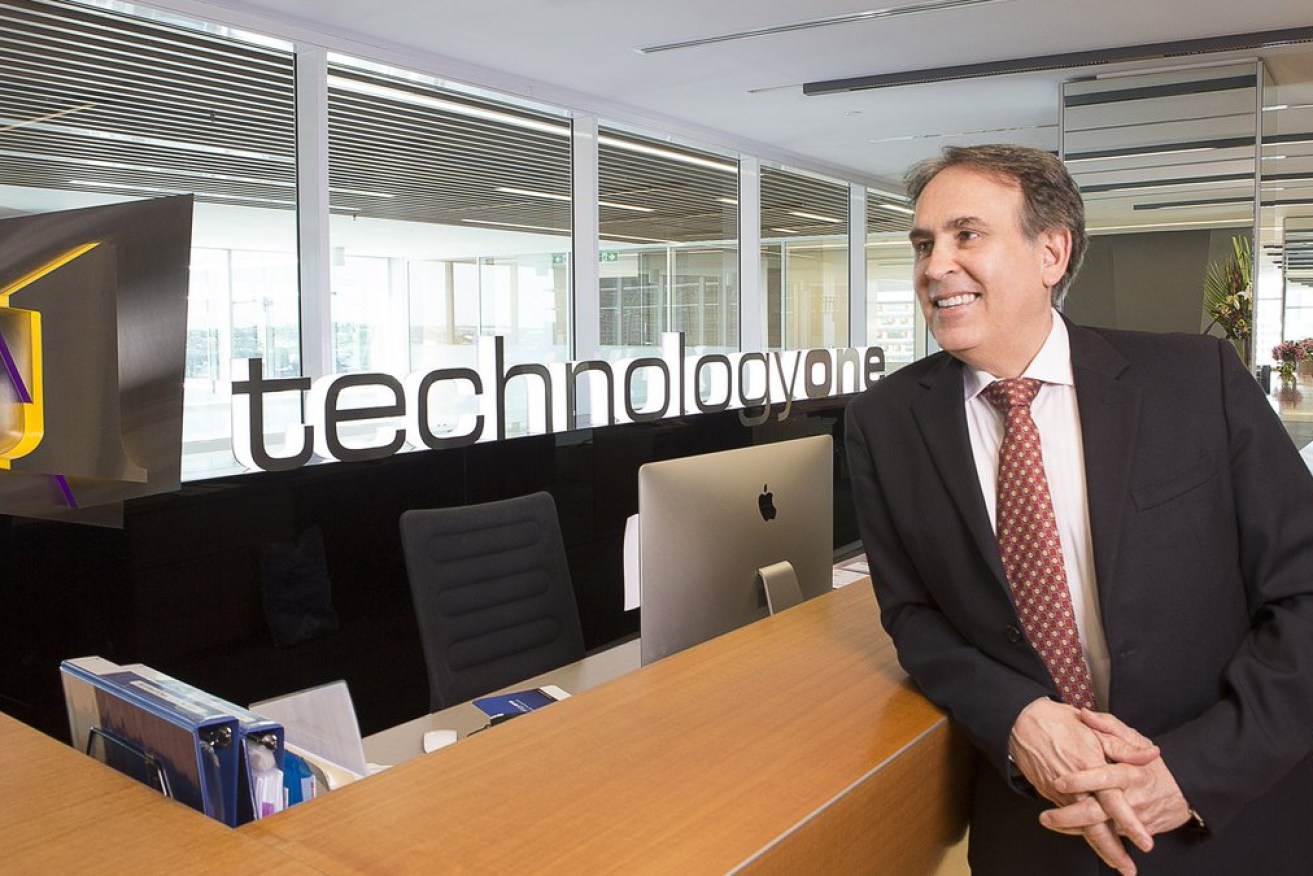Di Marco fumes as institutions ‘send a message’ over executive bonus
Adrian Di Marco’s Technology One has been delivered a first strike over a $210,000 executive remuneration plan after a shareholder revolt of the board’s use of its own discretion.


Technology One's Adrian Di Marco. (Photo: Twitter)
The first strike occurs when 25 per cent or more of shareholders vote against a remuneration report. A second strike at the next AGM could lead to a spill of board seats.
It follows a decision of the board to fully vest long-term incentives for executives because the pandemic created unfair impacts which would have had “a profound impact on executive motivation and retention”.
“By any measure the Technology One executive team hit the ball out of the park in full-year 2020 during a global pandemic and exceeded the board’s expectations,” company founder Di Marco said.
However, proxy advisers, CGI Lewis and Ownership Matters recommending a vote against the plan. A third proxy adviser recommended a vote in favour.
“This, in itself, shows the level of confusion and contradictory advice in the area of remuneration that boards have to contend with,” Di Marco said.
“Unfortunately, some large institutional funds voted against our remuneration ignoring the facts and the real world considerations faced by the board because they are against the use of board discretion as a matter of policy.
The entrepreneur said the first strike against the company was “needless distraction for our business” and caused significant angst for the leadership team.
Di Marco argued that executive base pay at Technology One was low to encourage strong performance. Typically, a salary at TNE is structured with an equal split between base pay, short-term incentives and long-term incentives, but they were struck before the pandemic.
There were three executives, including chief executive Edward Chung, who were impacted and the total amount involved was $210,000 which was not material for the company but was for the executives concerned.
He said the targets that had been set for the executive team had never considered a pandemic.
Under the “two strike” rule, the company’s subsequent report must explain that shareholders’ views have been taken into account. A second strike would occur if that report also received a no vote of 25 per cent or more. If that occurs shareholders would have to vote on whether the directors would need to stand for re-election.
Aliianz Global Investors said compensation-related proposals were the most contentious area globally during 2020, with AllianzGI voting against 49 per cent of all compensation-related management proposals.
It said the key reasons for voting against compensation-related proposals were when packages were not supported by robust and challenging targets, and when there was not sufficient transparency of performance KPIs and actual targets.
“Reflecting on the impact of the pandemic on proxy voting and engagement, 2021 will be a test for the application of the compensation policy, in particular with respect to target setting, the performance share plans, and ensuring that packages reflect changes in economic perspectives as a result of Covid.” Matt Christensen global head of sustainable and impact investing said.
Almost 40 per cent of shareholder voted against the adoption of the report.












